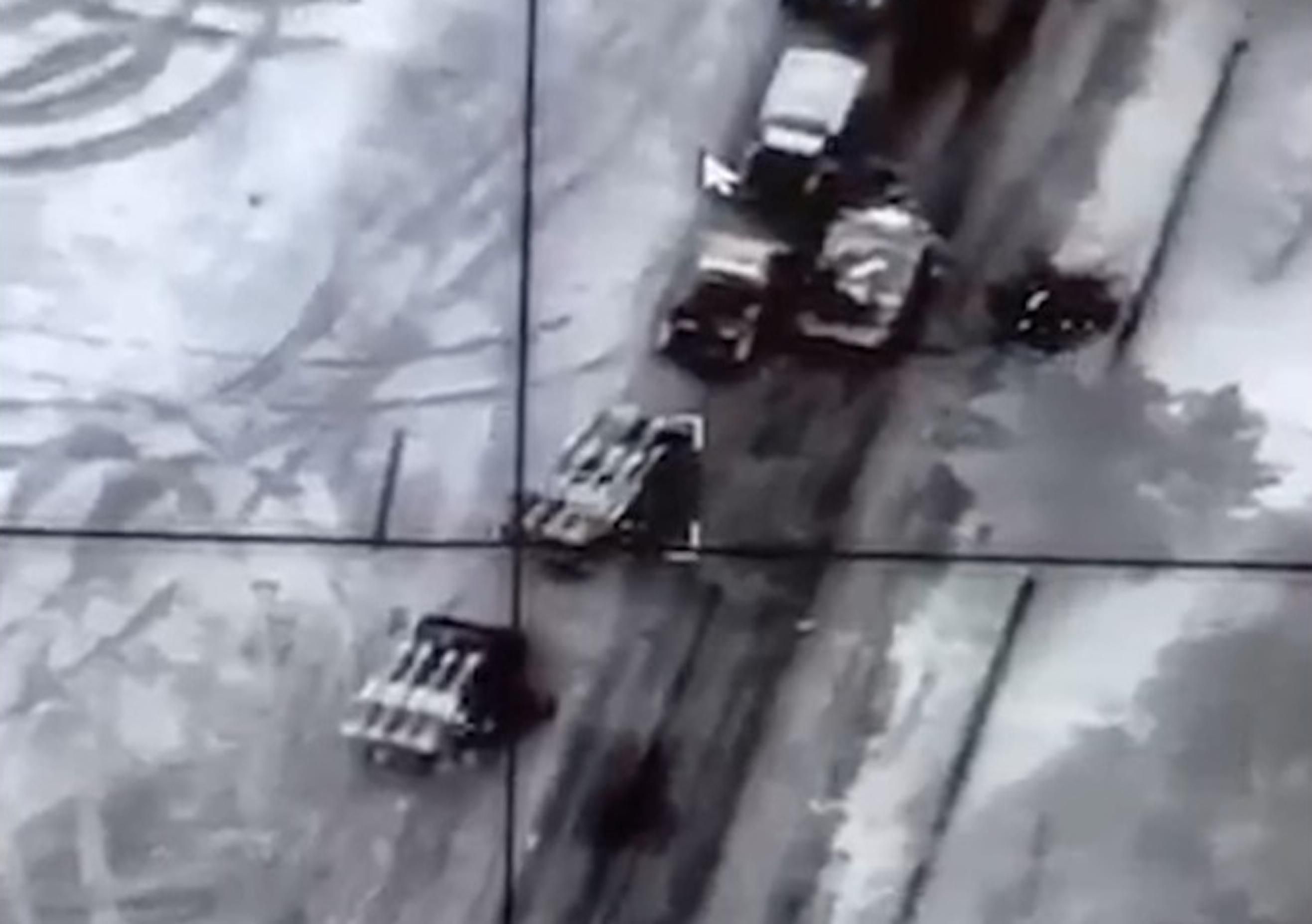Russian forces on Wednesday captured their first city since the invasion began, taking control of Kherson. Holding the southern city creates a fresh bridgehead for Putin’s armies to advance north on strategic areas in central Ukraine. Home to 290,000 people, Kherson under Russian military administration could also set the tone for how a wider occupation might go. Fierce fighting continues, meanwhile, around Kharkiv and Kyiv.
Meanwhile, at the UN, 141 of the organization’s 193 members supported a resolution condemning Russia’s invasion of Ukraine. Usual suspects Eritrea, Belarus, Syria, and North Korea all voted with Russia while Moscow’s most important ally, China, abstained. Brazil notably voted for the resolution but remains opposed to the “indiscriminate application of sanctions.”
In Russia,more than 600 people were arrested at anti-war protests in Moscow, St. Petersburg, and several smaller cities. The latest demonstrations came just a day after the government shuttered TV Rain and the radio station Echo Moskvy, two of the last independent outlets in the country.
Worse could come. On Friday, Russia’s upper chamber will hold an unscheduled meeting that some Russian experts warn could be about implementing harsh wartime measures, including martial law, which would restrict Russians’ movements and communications. There have been scattered reports of Russians encountering resistance from border officials as they seek to flee the country.
In a sign of growing pressure from sanctions on Russian oligarchs, Roman Abramovich confirmed Wednesday that he would sell the multi-billion dollar London-based Chelsea Football Club and donate the proceeds to a fund for “victims of the war in Ukraine.” Abramovich is not on the UK sanctions list, but calls to put him there are growing louder. Several other prominent oligarchs have called for an end to the war in recent days.
